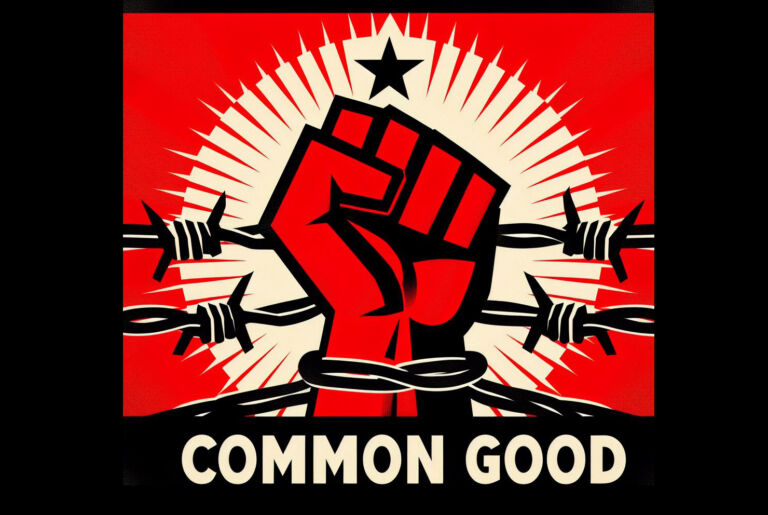James Capretta and Stan Veuger argue against a recent shift in attitudes about free trade and protectionism.
In April, U.S. National Security Advisor Jake Sullivan delivered remarks at the Brookings Institution in Washington on international economic policy, focusing on why the Biden administration believes protection of sensitive industries should replace free trade as the United States’ primary objective. In Sullivan’s telling, this shift is already so broadly accepted both domestically and among some key U.S. allies that it should be seen as a “new Washington consensus.”
While Sullivan may be right that a political convergence is underway, evidence from history and today’s circumstances suggest that it would be better if the old consensus were updated and improved instead of dethroned.
The trade principles that guided U.S. international economic policy prior to 2017 were embraced to varying degrees by 12 successive administrations, starting with Franklin D. Roosevelt’s. Starting in 1934, FDR began negotiations with other countries to reduce tariffs on goods going in both directions to help end the Great Depression, which had been caused in part by the aggressive protectionism of the 1920s, thus moving the United States from the practice of restrictionism, designed to shield preferred industries, to the pursuit of reciprocal, ever freer trade agreements. After World War II, the embrace of freer trade gathered force globally because the United States—as the dominant Western democracy—heavily promoted and supported it.
While there were episodic and mostly temporary moves by U.S. policymakers during the postwar period to protect certain sectors and companies, the old consensus was never challenged as fundamentally misguided by either major party until Donald Trump, a lifelong protectionist, became the Republican presidential nominee in 2016 with a heavy focus on criticizing previous trade agreements. He claimed the nation’s leaders had sold out American workers and that the agreements they had negotiated gave unfair advantages to foreign governments. His charges struck a chord in certain quarters, in part because his opponents never marshaled effective responses.


